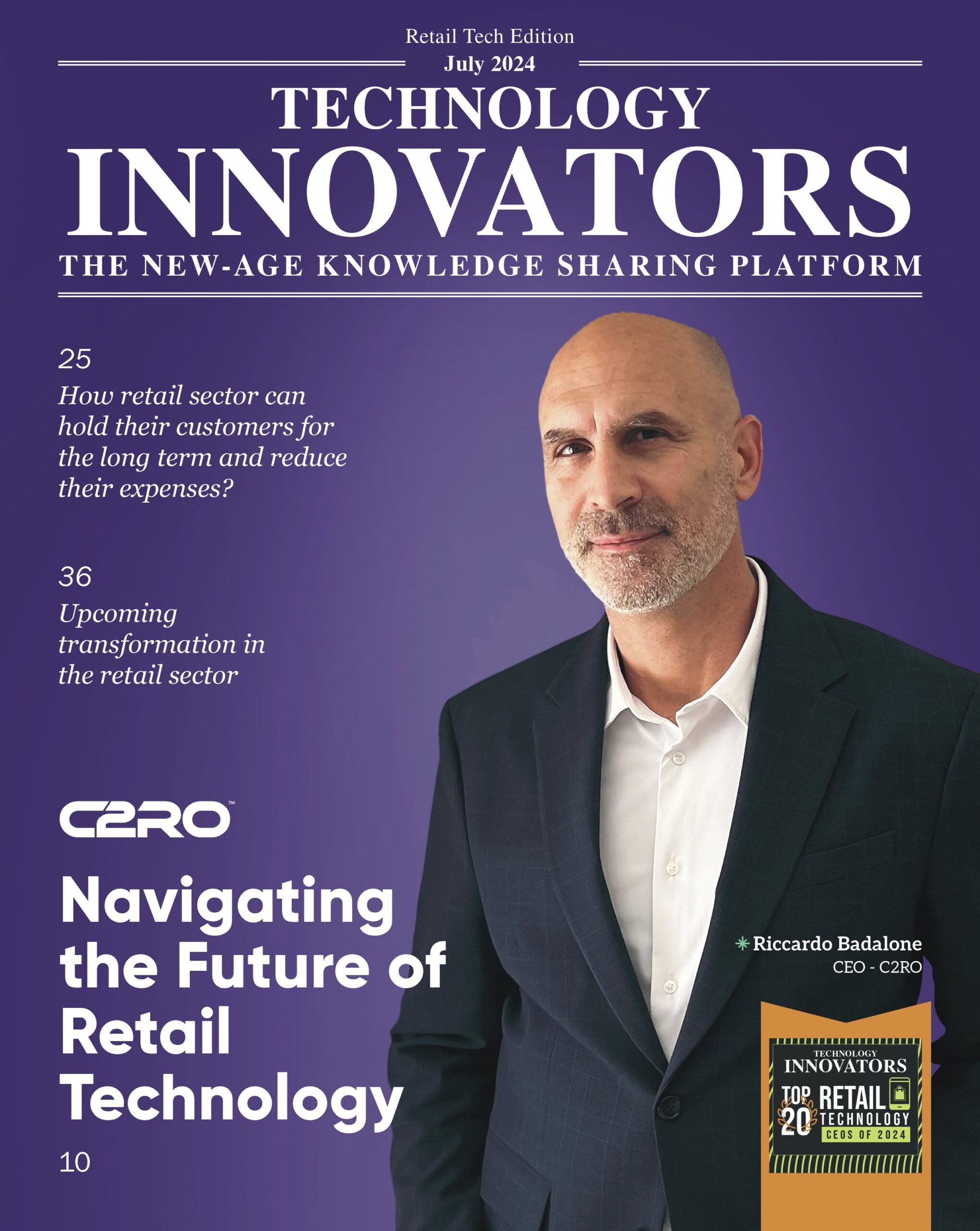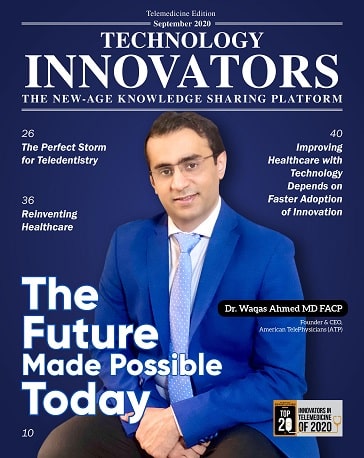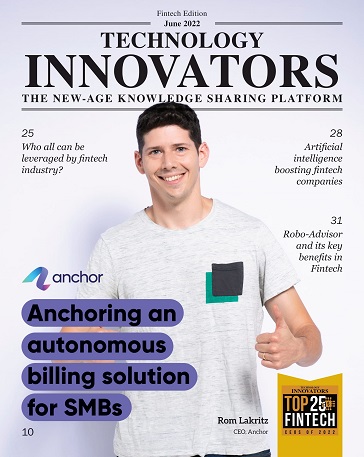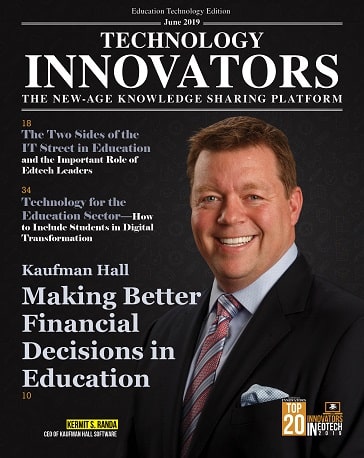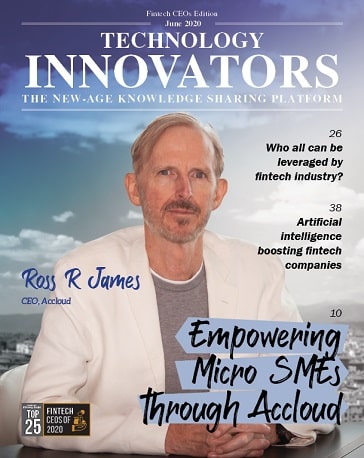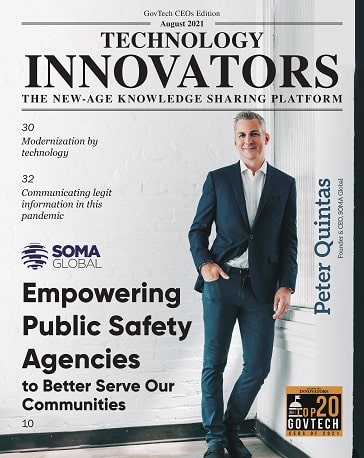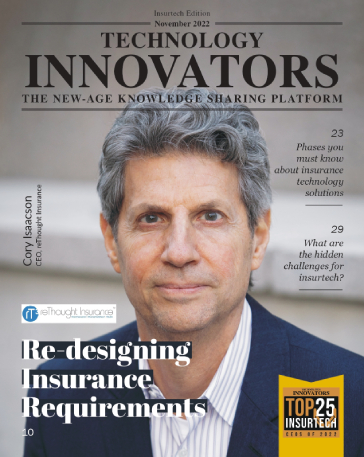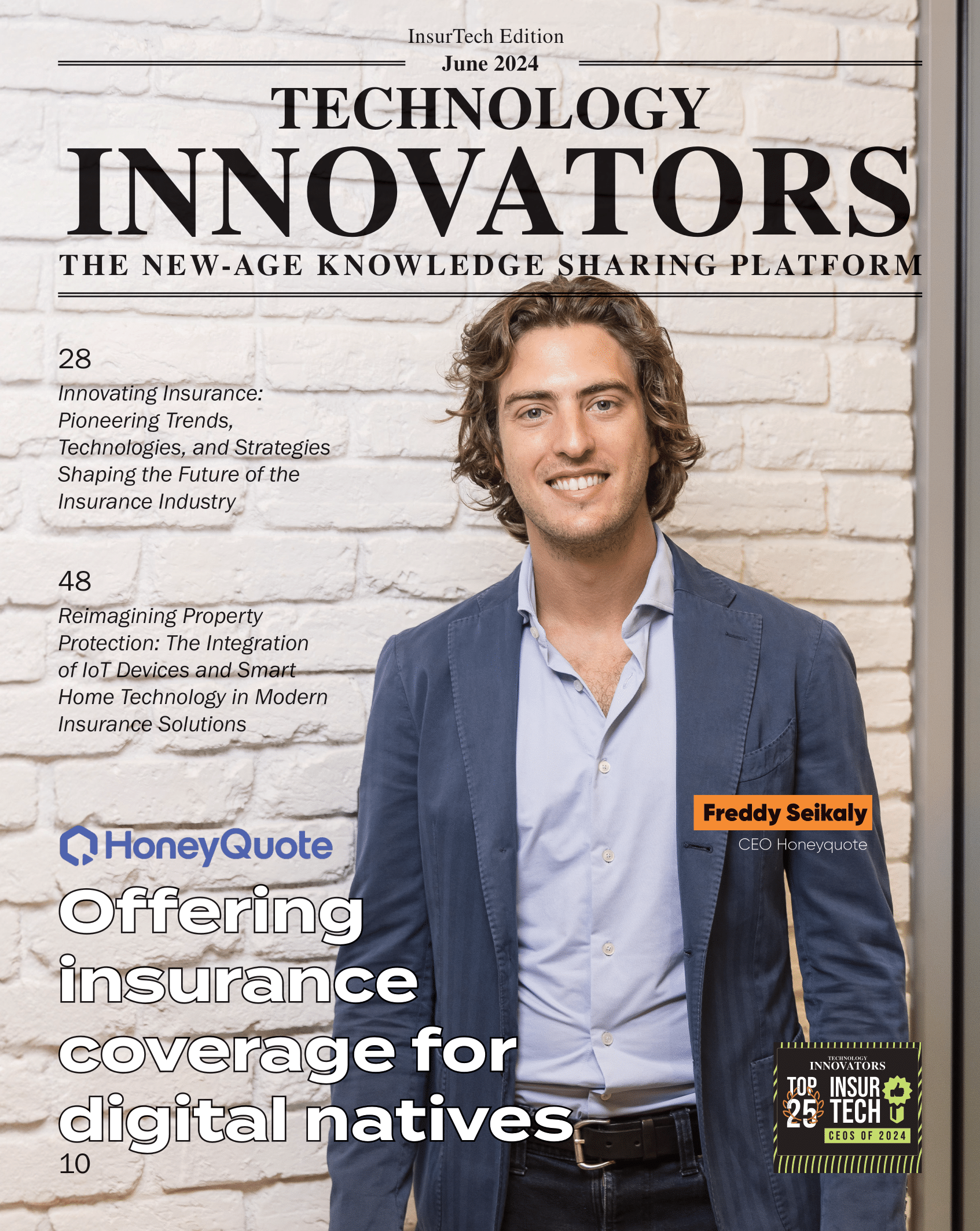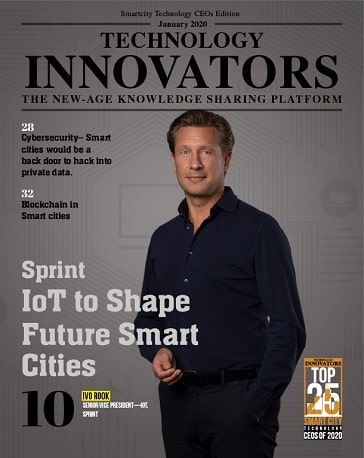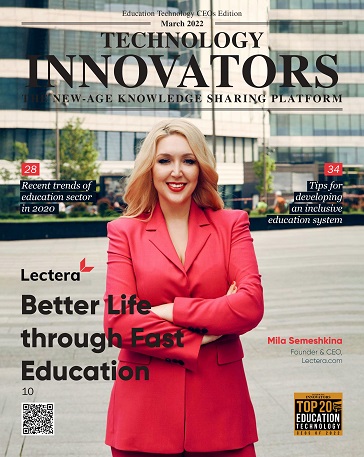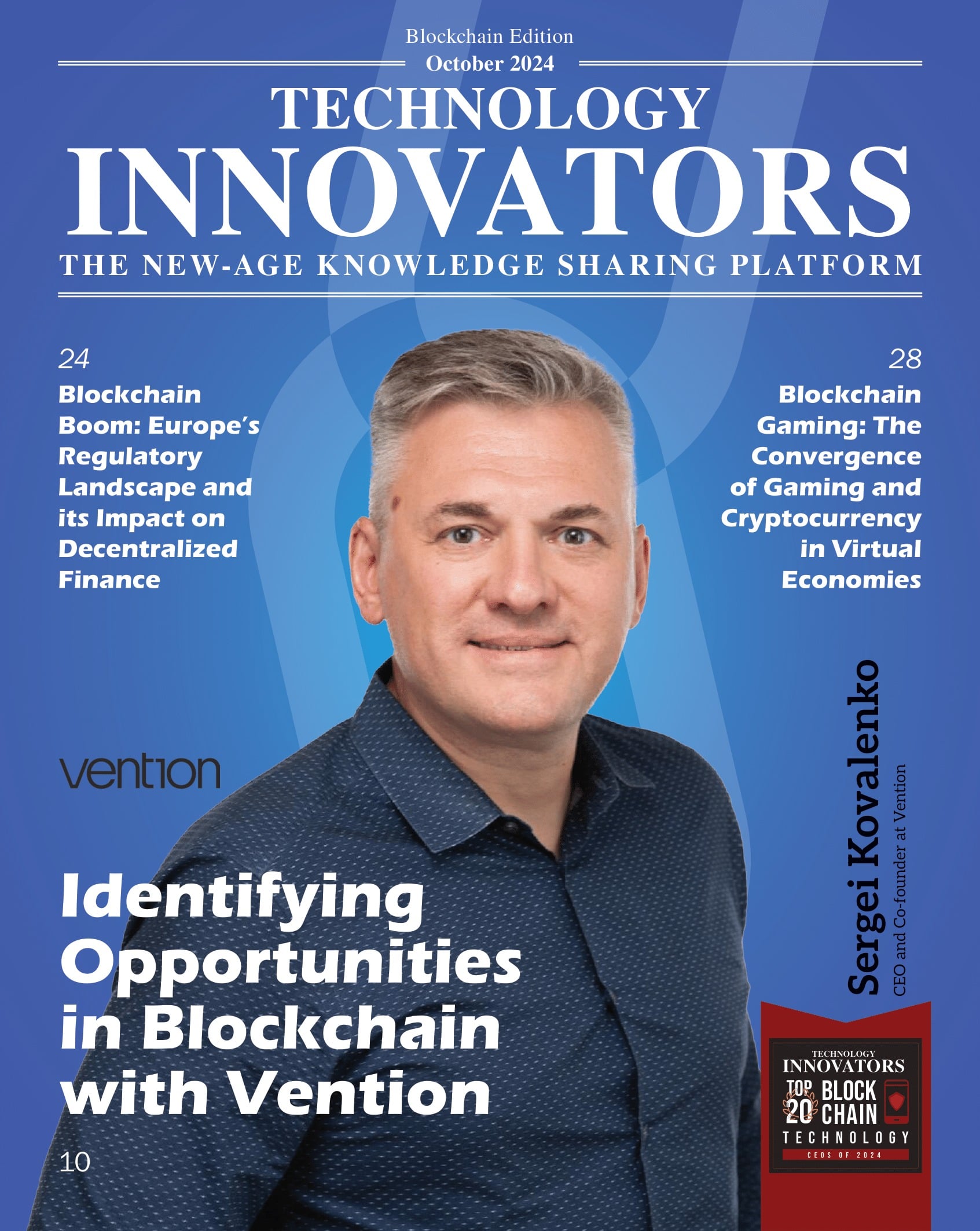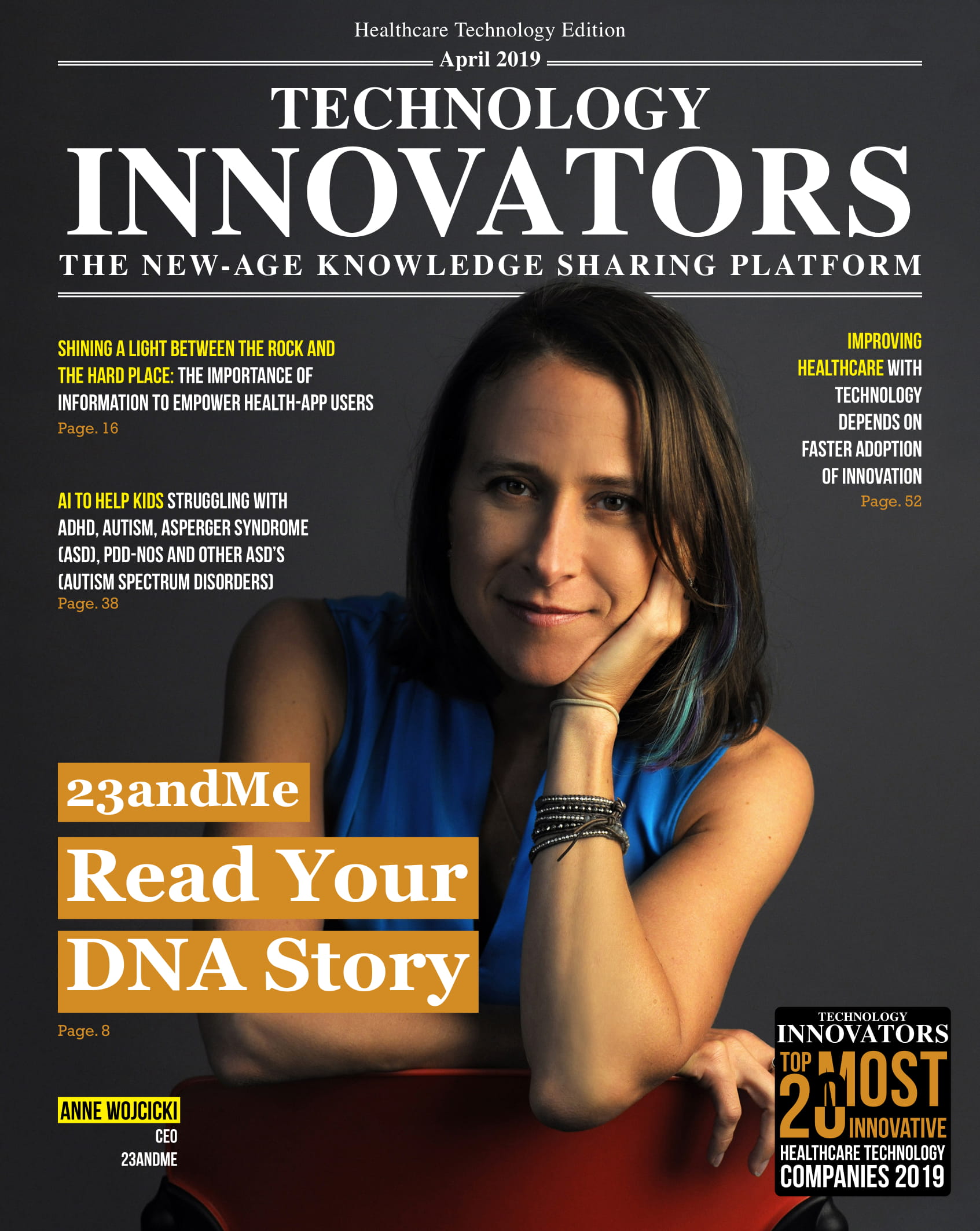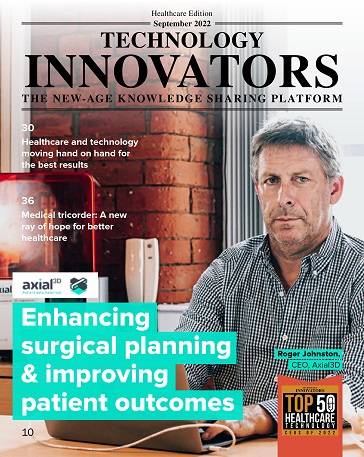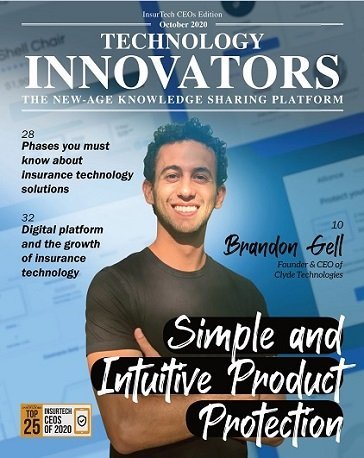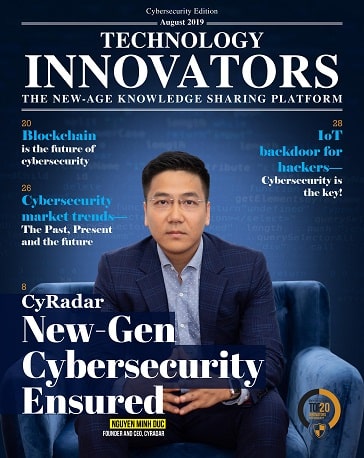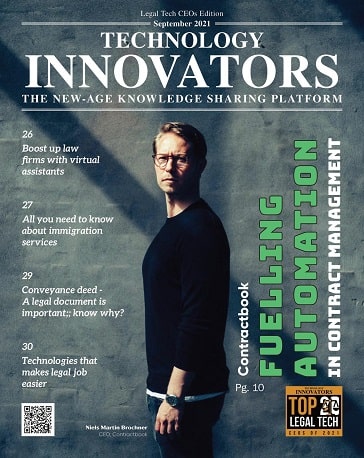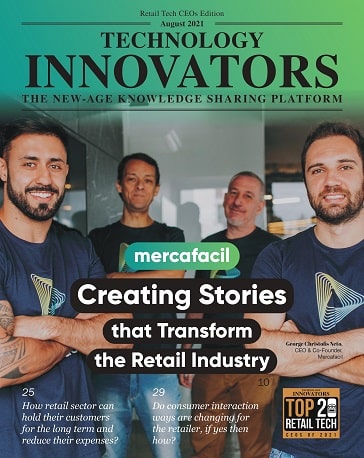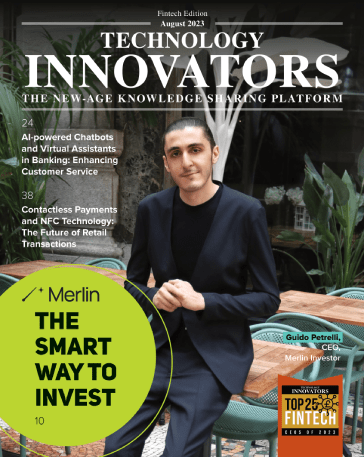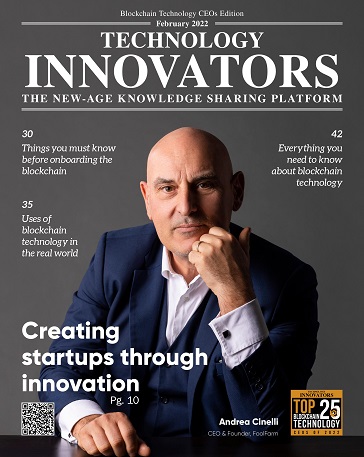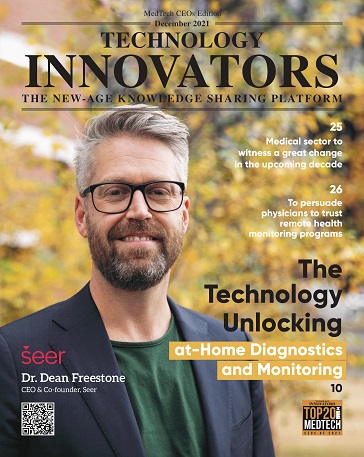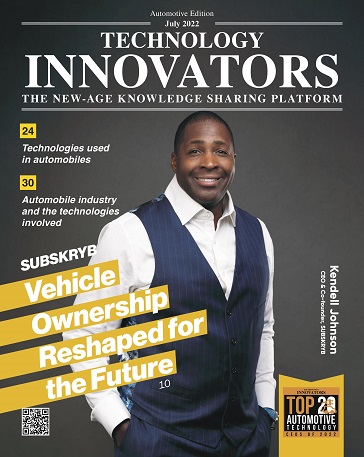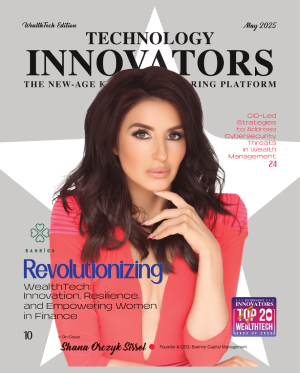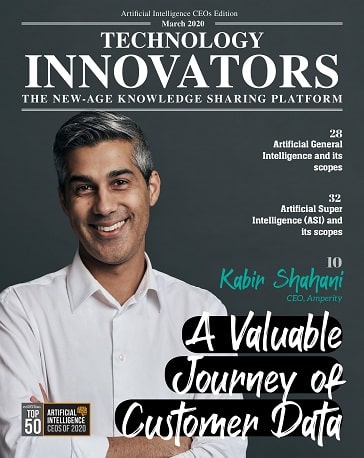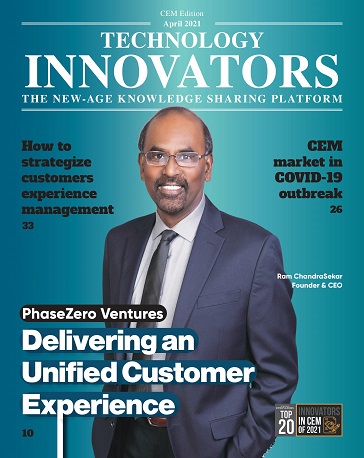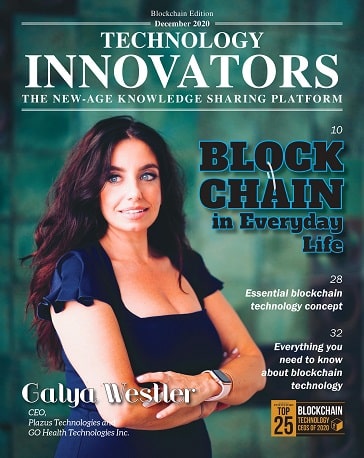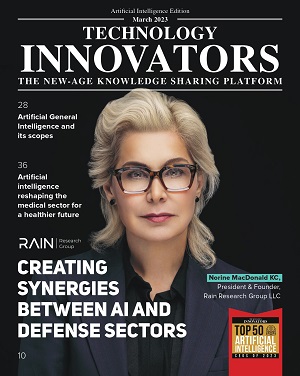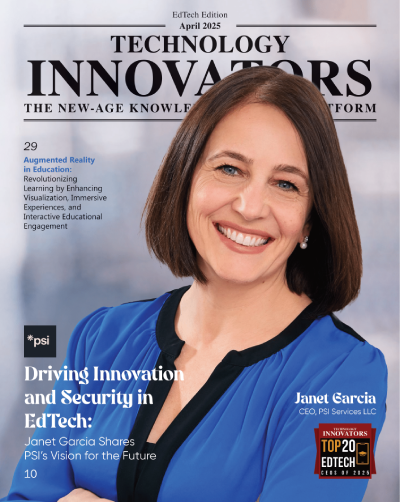Must-Subscribe Tech Magazines for Innovators
Disruptive Digital Technology Trends
Unlock your potential with our technology expertise. We empower innovators to achieve success through advanced solutions and strategic insights.
Influential Tech Publications for Industry Insights
Disruptive Digital Technology Trends: Shaping the Future of Business and Innovation
In a world where change is the only constant, disruptive digital technologies are emerging at an unprecedented pace, reshaping industries, business models, and how we interact with technology. These advancements are not just incremental improvements but represent significant transformations in how we work, communicate, and live. The companies that embrace these disruptive trends will be the ones leading the charge into the future, setting the stage for growth, innovation, and competitive advantage.
This article explores some of the most transformative digital technology trends that are disrupting industries across the globe and how businesses can leverage these technologies to stay ahead.
1. Artificial Intelligence (AI) and Machine Learning (ML)
Artificial Intelligence (AI) and Machine Learning (ML) are two of the most disruptive technologies in recent years, fundamentally altering industries from healthcare to finance and beyond. These technologies enable machines to learn from data and make decisions with minimal human intervention, opening new possibilities for automation, efficiency, and innovation.
- Automation of Decision-Making: AI and ML are driving automation in decision-making across various industries. For instance, financial institutions are using AI to automate credit scoring and fraud detection, while companies like Tesla are applying ML to enhance autonomous driving technology. These applications not only improve operational efficiency but also help businesses make more accurate predictions and optimize their resources.
- Personalization at Scale: AI-powered algorithms are transforming how businesses engage with customers by offering highly personalized experiences. Retailers like Amazon and Netflix use AI to recommend products and content based on individual preferences, driving customer loyalty and increasing revenue. This personalization is a game-changer, enabling businesses to reach consumers with tailored offerings that resonate more deeply.
- AI in Healthcare: AI is revolutionizing healthcare by enabling faster diagnoses, personalized treatment plans, and predictive analytics. Startups like Tempus and Zebra Medical Vision are using AI to analyze medical imaging and genetic data, allowing doctors to make more accurate decisions and improve patient outcomes.
AI and ML are not just reshaping businesses but also driving societal change by enabling smarter, faster, and more efficient solutions to some of the world’s biggest challenges.
2. Blockchain Technology
Blockchain technology has gained significant attention in recent years, thanks to its association with cryptocurrencies like Bitcoin and Ethereum. However, its potential extends far beyond digital currencies. Blockchain offers a secure, decentralized ledger for transactions, and its applications are disrupting industries such as finance, supply chain, and healthcare.
- Decentralized Finance (DeFi): Blockchain is revolutionizing the financial services industry through decentralized finance (DeFi). Traditional financial systems are often slow, costly, and prone to errors, whereas DeFi platforms offer transparent, peer-to-peer financial transactions without intermediaries. Companies like Uniswap and Aave are leveraging blockchain to offer decentralized lending, borrowing, and trading services, enabling users to access financial services faster and at a lower cost.
- Supply Chain Transparency: Blockchain is enabling greater transparency in supply chains, ensuring that products are traceable from origin to end-user. By recording every transaction on a secure and immutable ledger, businesses can increase accountability and reduce fraud. For example, IBM’s Food Trust blockchain provides consumers with a transparent view of the food supply chain, increasing trust in the sourcing of their food.
- Smart Contracts: Blockchain also facilitates the use of smart contracts—self-executing contracts with the terms of the agreement directly written into code. These contracts automatically execute when conditions are met, removing the need for intermediaries and reducing the risk of human error. Industries like real estate, insurance, and legal services are increasingly adopting smart contracts to streamline operations and reduce costs.
Blockchain is transforming how businesses operate by offering secure, transparent, and efficient solutions to a wide range of challenges, from financial transactions to supply chain management.
3. 5G and Next-Generation Connectivity
The rollout of 5G technology is set to unlock new possibilities for businesses and consumers alike. With faster speeds, lower latency, and greater capacity, 5G promises to revolutionize industries by enabling real-time data processing, improved connectivity, and the proliferation of Internet of Things (IoT) devices.
- Enhanced Connectivity for IoT: 5G will significantly enhance the capabilities of IoT, enabling billions of connected devices to communicate with each other seamlessly. This connectivity will open the door to innovations in smart cities, autonomous vehicles, and industrial IoT, where real-time data exchange is critical. For example, Waymo is using 5G to enhance the communication between self-driving cars, allowing them to respond more quickly to changing conditions on the road.
- Augmented and Virtual Reality (AR/VR): 5G is also expected to drive the growth of AR and VR technologies by providing the bandwidth needed for real-time data transfer. These immersive technologies have applications across industries, from healthcare (e.g., remote surgeries) to entertainment (e.g., live-streaming sports events in 360 degrees). Oculus and HTC Vive are leading the charge in VR, offering consumers new ways to experience entertainment and education.
- Remote Work and Collaboration: With 5G, businesses can enable seamless remote work experiences by providing high-quality video calls, virtual meetings, and cloud-based applications without disruptions. This technology is critical in today’s hybrid work environment, where employees need reliable, high-speed connections to collaborate effectively across geographical boundaries.
5G will fuel innovation by enabling faster, more reliable connectivity, laying the foundation for new applications in everything from IoT and autonomous systems to immersive technologies like AR and VR.
4. Quantum Computing
Quantum computing is still in its early stages, but it promises to be one of the most disruptive technologies of the future. Quantum computers use principles of quantum mechanics to process information in ways that classical computers cannot. This could have far-reaching implications for industries that rely on processing large datasets, such as pharmaceuticals, finance, and materials science.
- Accelerating Drug Discovery: Quantum computing could revolutionize the pharmaceutical industry by accelerating drug discovery and optimizing molecular simulations. Companies like Google’s Quantum AI and IBM Quantum are working on quantum algorithms that can model molecular structures more accurately than traditional computers, significantly reducing the time it takes to develop new drugs.
- Optimizing Financial Models: In finance, quantum computing could be used to solve complex optimization problems, such as portfolio management and risk assessment, far faster than current systems. D-Wave and Honeywell are already exploring how quantum algorithms can be applied to financial markets, offering a new way to manage risk and identify trading opportunities.
- Breaking Cryptography: On the flip side, quantum computing has the potential to break current cryptographic systems, making it essential for businesses to develop quantum-safe encryption methods. As the technology matures, quantum security will become a crucial area of focus.
Though quantum computing is still in its infancy, its disruptive potential could redefine industries by offering faster, more efficient problem-solving capabilities in areas like drug discovery, finance, and cryptography.
5. Internet of Things (IoT)
The Internet of Things (IoT) is connecting everyday objects to the internet, enabling them to collect and share data. This growing network of connected devices is transforming industries by providing businesses with real-time insights into their operations, products, and customers.
- Smart Cities: IoT is driving the development of smart cities, where everything from traffic lights to waste management systems is connected and optimized for efficiency. Cities like Barcelona and Singapore are using IoT technology to monitor traffic, optimize energy use, and improve public safety, creating more sustainable and livable urban environments.
- Industrial IoT (IIoT): In manufacturing, IoT is enabling predictive maintenance, process optimization, and real-time monitoring of equipment. Companies like GE and Siemens are integrating IoT with industrial machinery to improve efficiency and reduce downtime, leading to cost savings and greater productivity.
- Healthcare IoT: In healthcare, IoT devices are helping doctors monitor patients remotely, collect real-time data on vital signs, and improve patient outcomes. Devices like wearable health trackers and connected medical devices are enabling better preventive care and more personalized treatment plans.
The IoT is disrupting multiple sectors by enhancing connectivity, providing real-time insights, and enabling smarter, more efficient operations across industries like healthcare, manufacturing, and urban planning.
6. Edge Computing
Edge computing refers to processing data closer to its source, rather than relying on a centralized data center. This reduces latency, improves speed, and enables real-time decision-making, making it an essential technology for applications like autonomous vehicles, industrial automation, and IoT.
- Autonomous Vehicles: For self-driving cars to operate safely, they need to process vast amounts of data in real-time. Edge computing allows autonomous vehicles to make decisions without relying on remote data centers, ensuring faster responses and improved safety.
- Smart Manufacturing: In industrial settings, edge computing enables real-time data analysis from machines and sensors, allowing manufacturers to monitor performance and make adjustments on the fly. This minimizes downtime and enhances productivity by quickly addressing issues before they escalate.
- IoT and Smart Devices: As IoT devices proliferate, edge computing helps handle the massive amounts of data generated by these devices. This reduces the burden on cloud infrastructure and ensures faster decision-making, which is crucial for time-sensitive applications.
Edge computing is disrupting industries by enabling faster, more efficient data processing, allowing businesses to make real-time decisions and optimize operations.
Conclusion
Disruptive digital technology trends such as AI, blockchain, 5G, quantum computing, IoT, and edge computing are reshaping the business landscape. As these technologies continue to evolve, they present vast opportunities for businesses to innovate, optimize operations, and deliver enhanced customer experiences. Companies that stay ahead of these trends and integrate them into their operations will be well-positioned for success in the digital age. Embracing these disruptive technologies is not just a competitive advantage—it’s a necessity for businesses aiming to thrive in an increasingly connected, data-driven world.
Explore our technology expertise designed for success. Connect with industry innovators and leverage the latest advancements to transform your business.
Join the Global Movement! Subscribe to Technology Innovators Magazine today and be part of the conversation that’s shaping the future of technology across the globe.
Contact us
Want to get in touch? We make it our priority to respond to every request within 24h.


